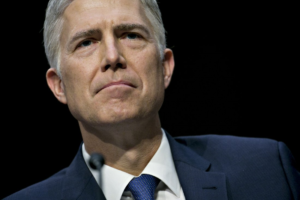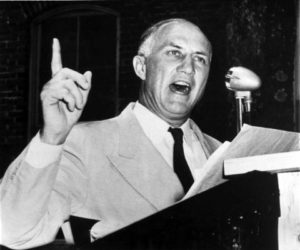GRINDSTONE LAKE, N.M. — You meet the nicest people on occasion while trekking through the woods.
So it was when my wife, Toby the Puppy and I encountered three men raking twigs, pine straw and removing rocks from a trail in front of us.
“Oh, you must work for the park,” I asked one of the young men.
Oh, no, he answered. He is a member of Ruidoso Bike Club and trail maintenance is part of their gig, the young man added. He said the club has a sort of memorandum of understanding with the city parks department to maintain the trails’ upkeep throughout the Grindstone Lake complex of hiking-biking paths.
They do their job quite well.
We trudged about 6 miles from the trailhead near the shore of the lake that is backed up behind a dam. We spotted the young man near the end of our hike and inquired about the vertical elevation we had just endured. His answer? It’s about 800 feet, he said. “You go up and down a lot,” he said, motioning with his hand.
We were impressed with the quality of the trail we hiked. We chose to hike the easier route, given our age and understanding our limits. You won’t see us scrambling up steep grades on our hands and feet. We choose to remain upright on both feet while walking.
The quality is enhanced, I should add, by the absence of litter along the way. Indeed, we saw a good bit of that on several of the hikes we took in this part of southeastern New Mexico.
The mountainsides remain scarred by the wildfire that ravaged this region about five years ago. We learned the blazes burned nearly 50,000 acres and destroyed more than 200 homes. The young man we met earlier said the area remains quite dry and if it doesn’t get some moisture soon, the forest area might close to all visitors.
But there’s good news. Grindstone Lake is up about 100 feet from its level a year ago, according to the biker/trail maintenance man. “It was almost dry last summer,” he said.
All that said, this is a lovely place to relax and unwind from a moderately successful career.
Believe it. Retirement does agree with both of us.
And Toby the Puppy, too.







